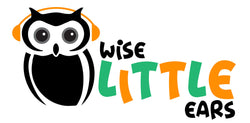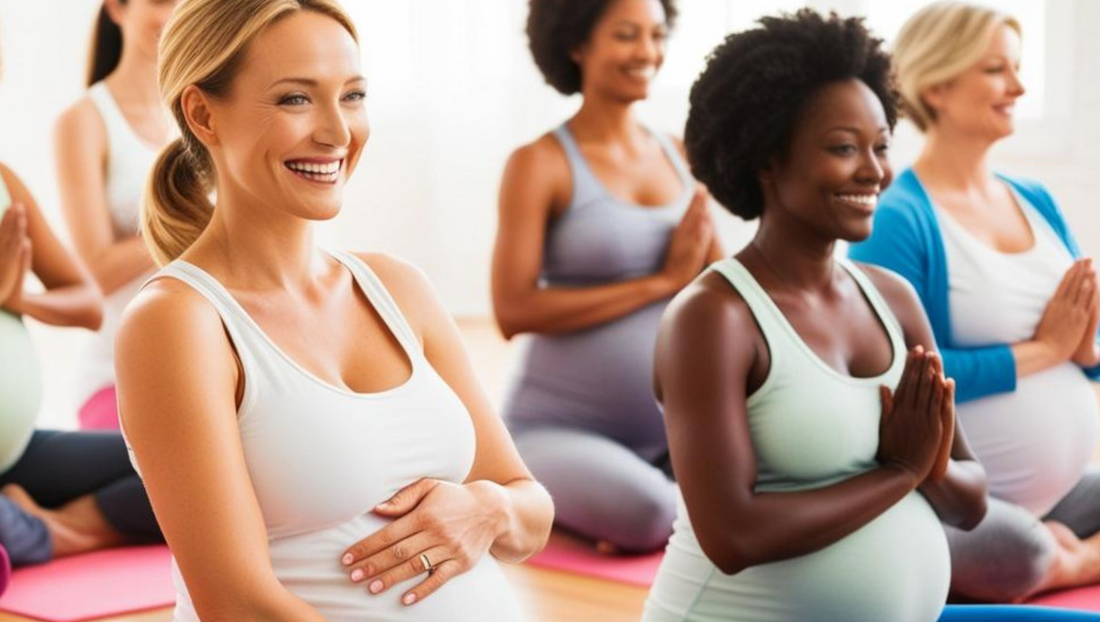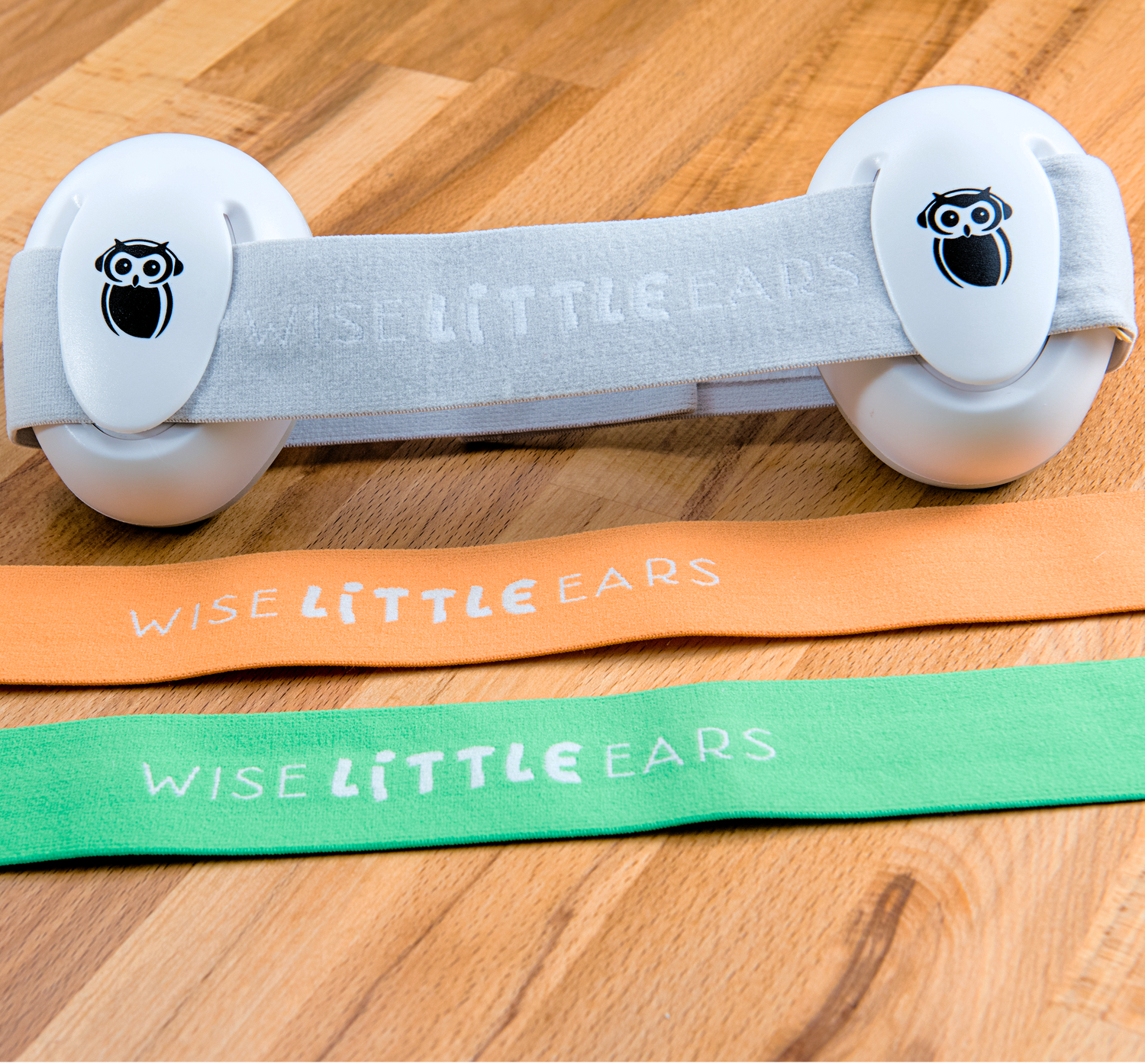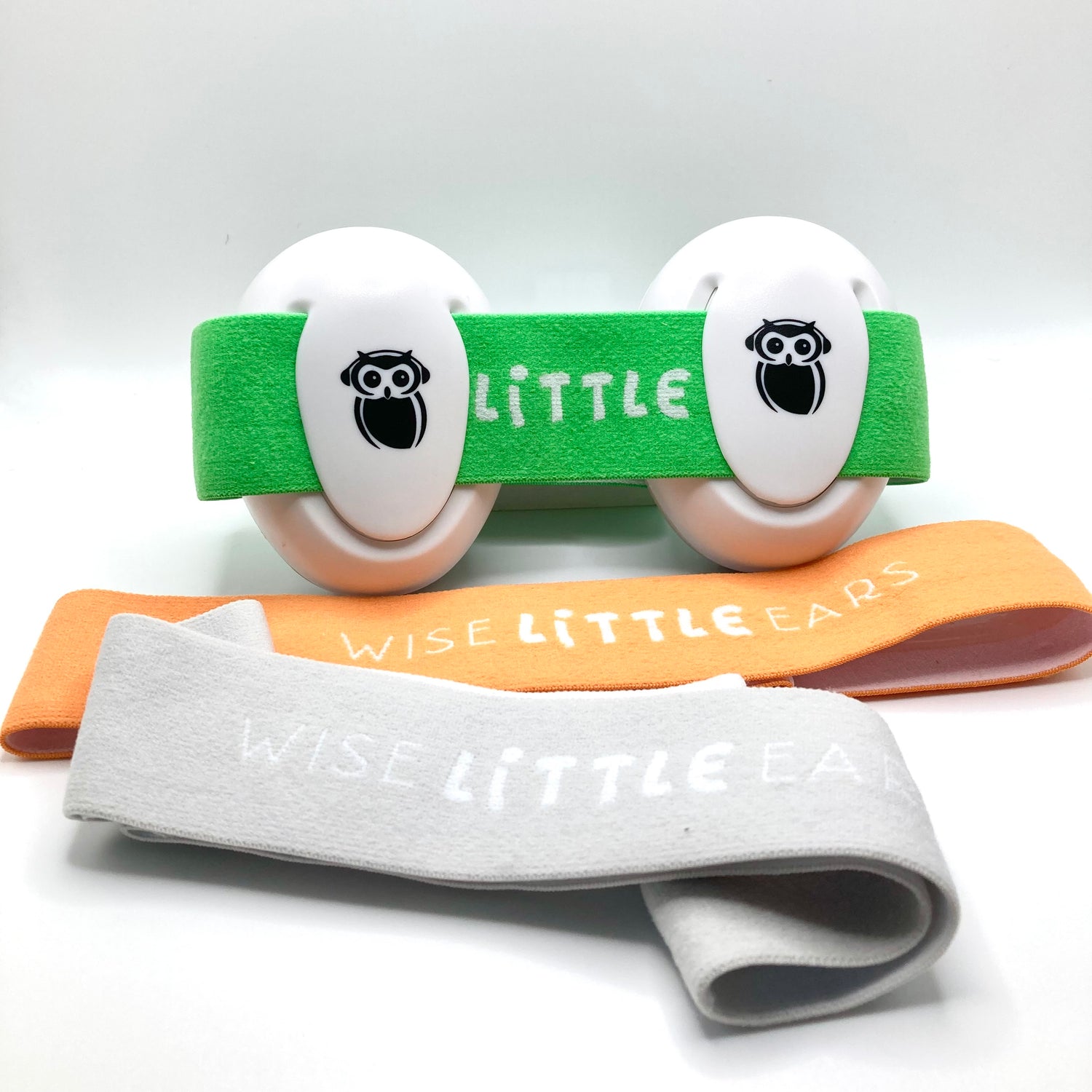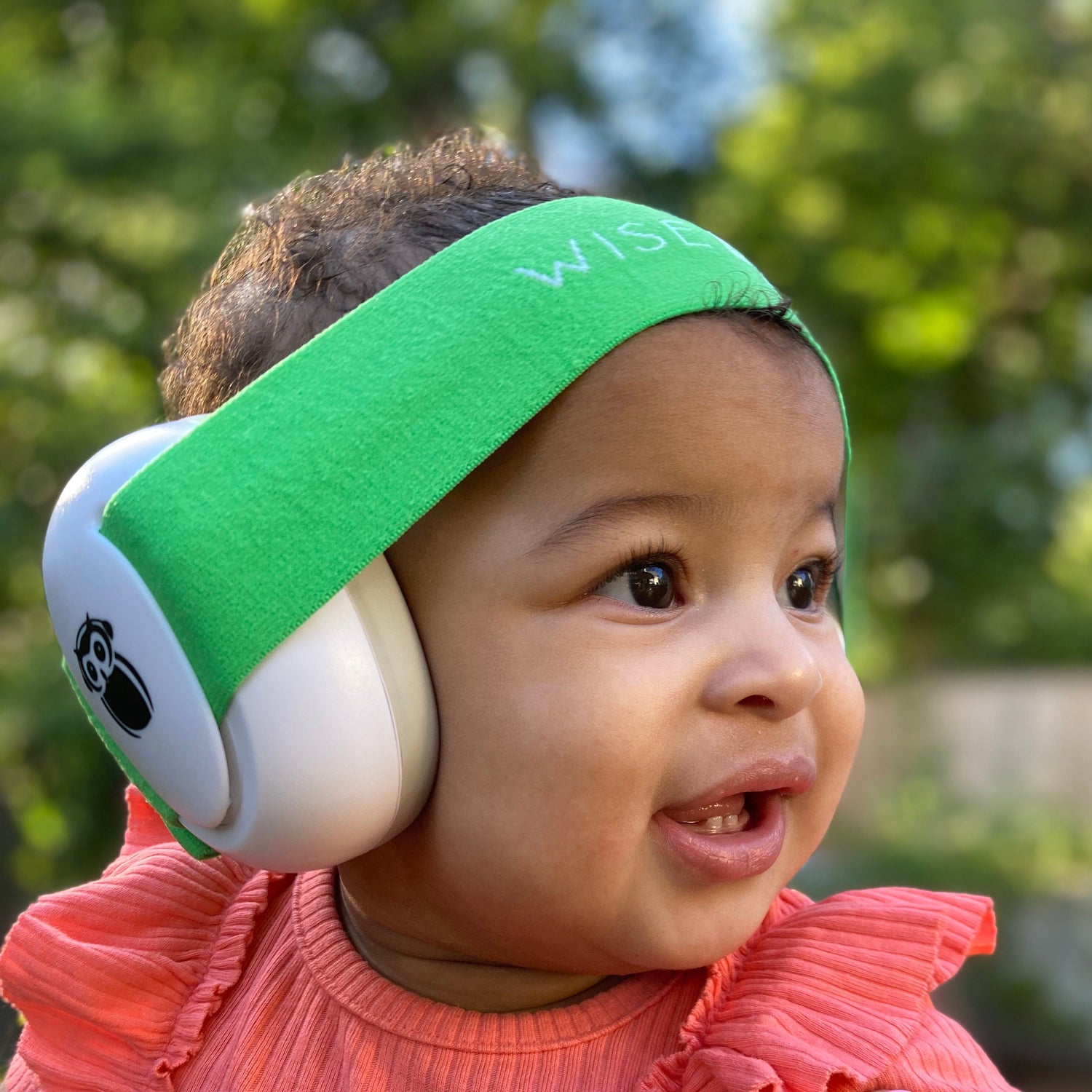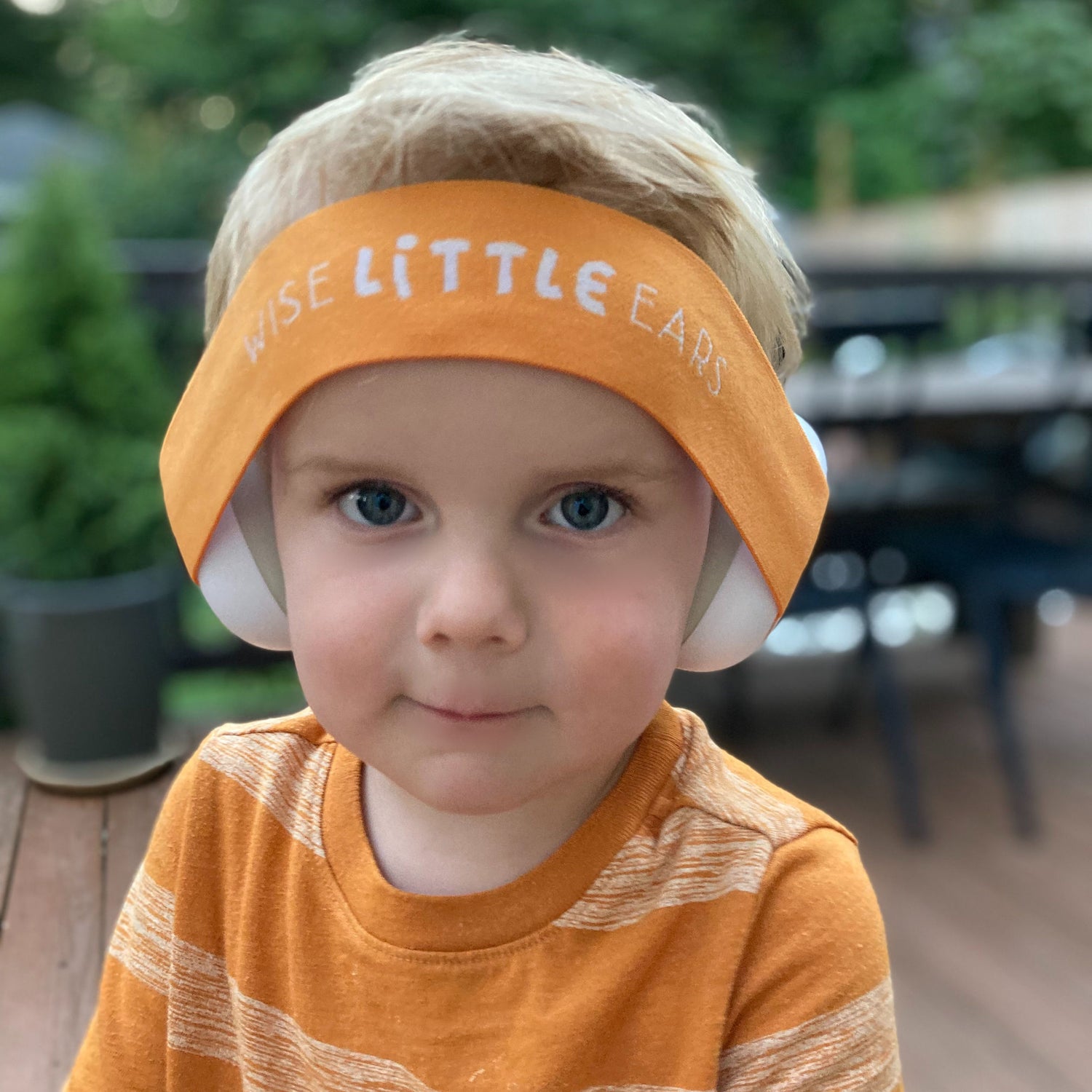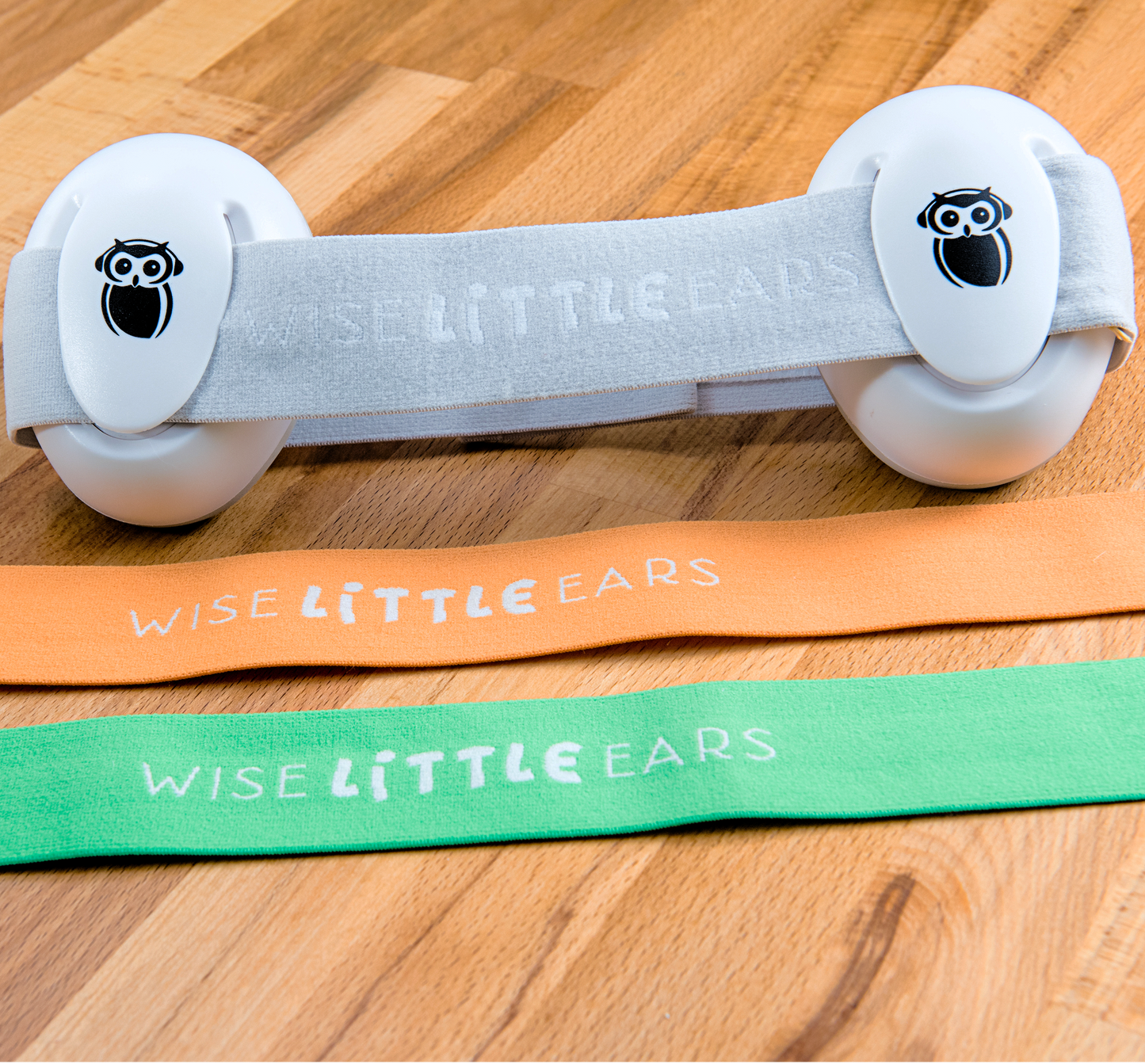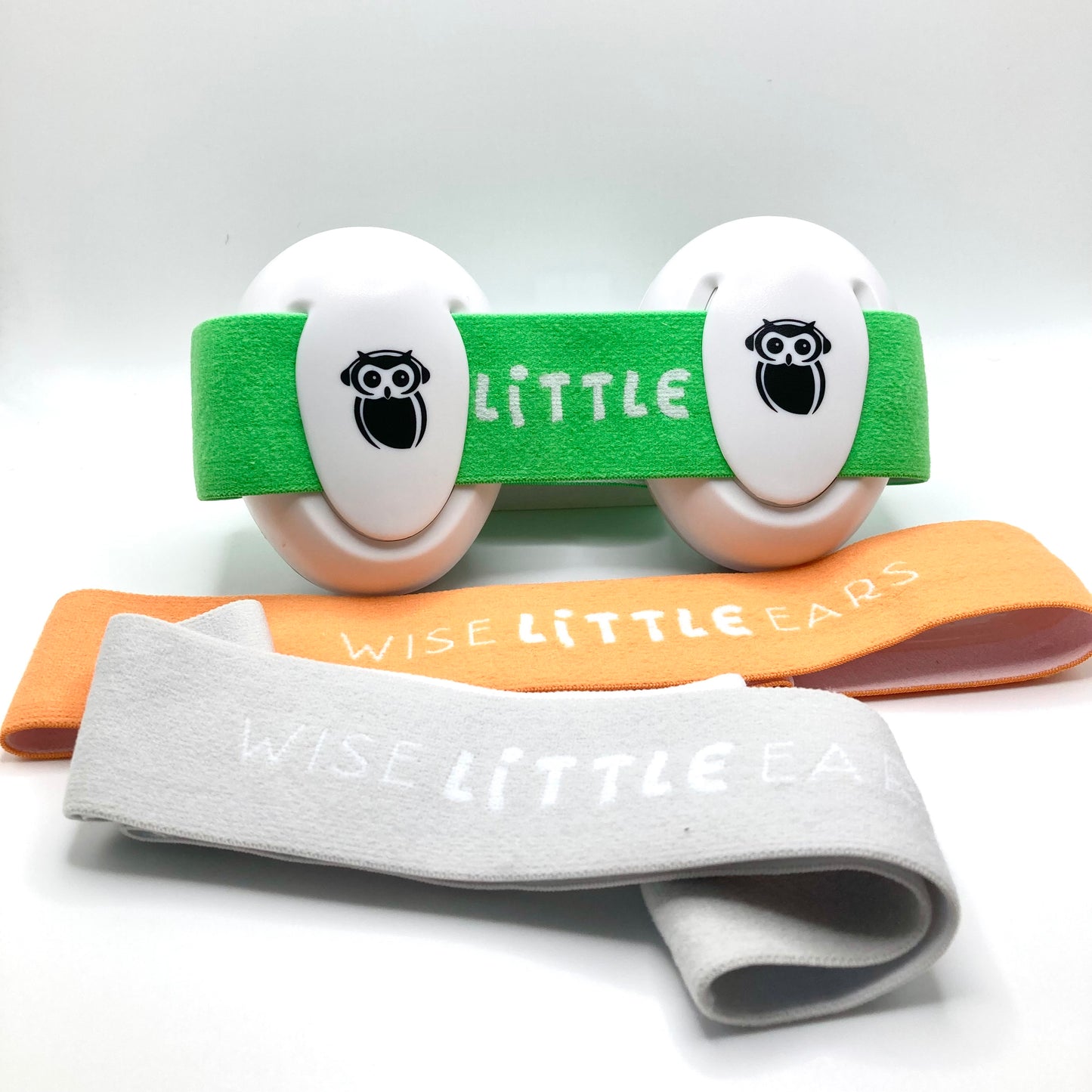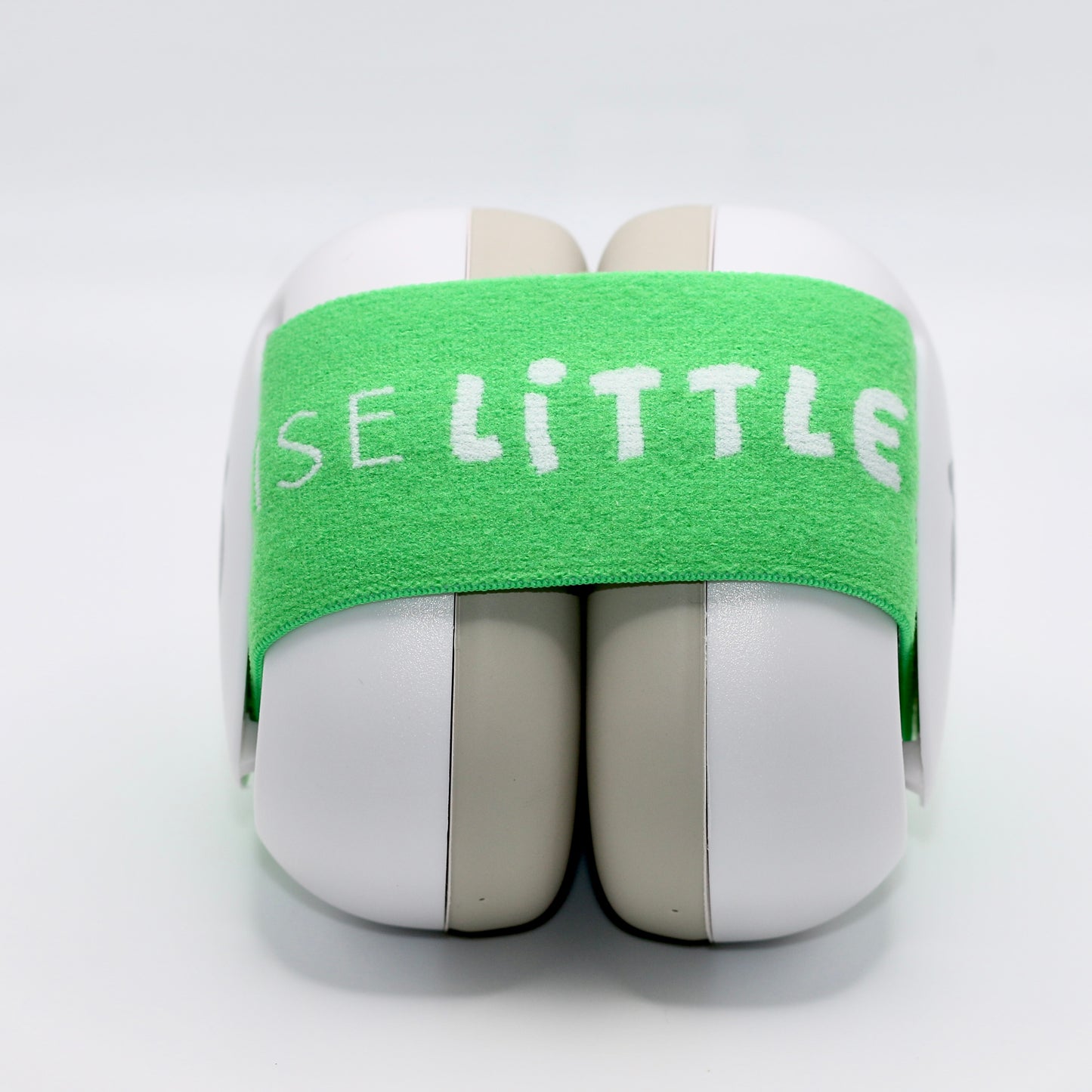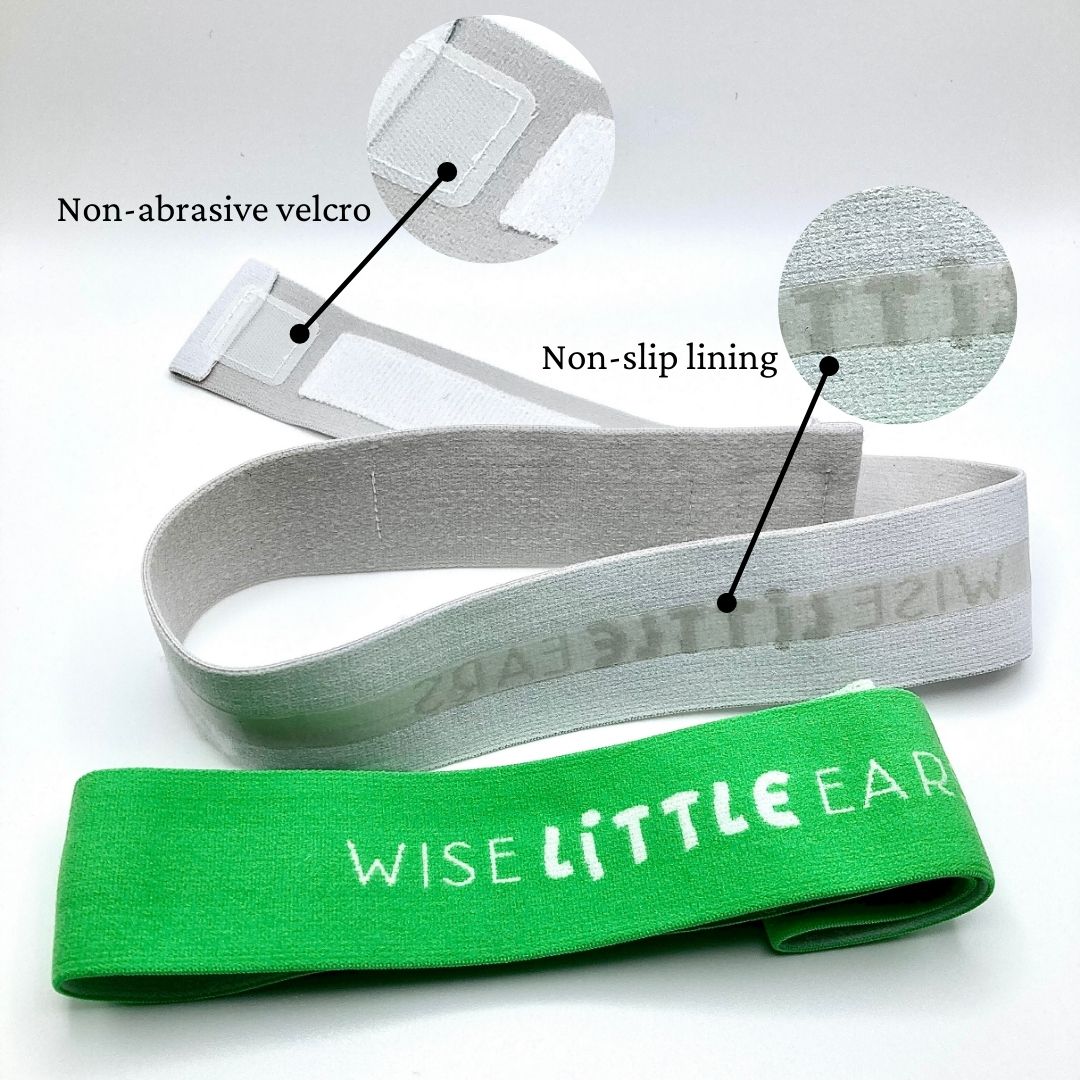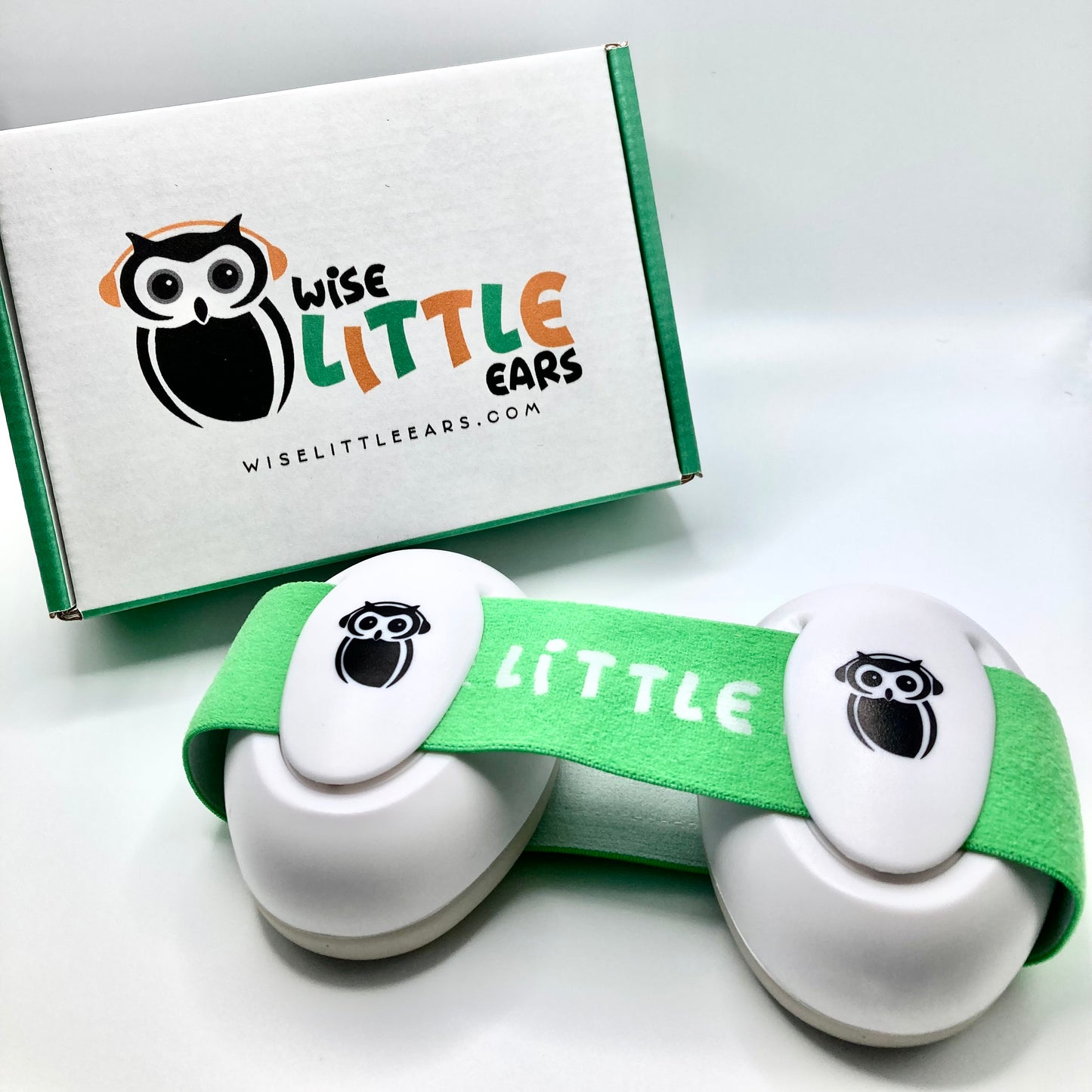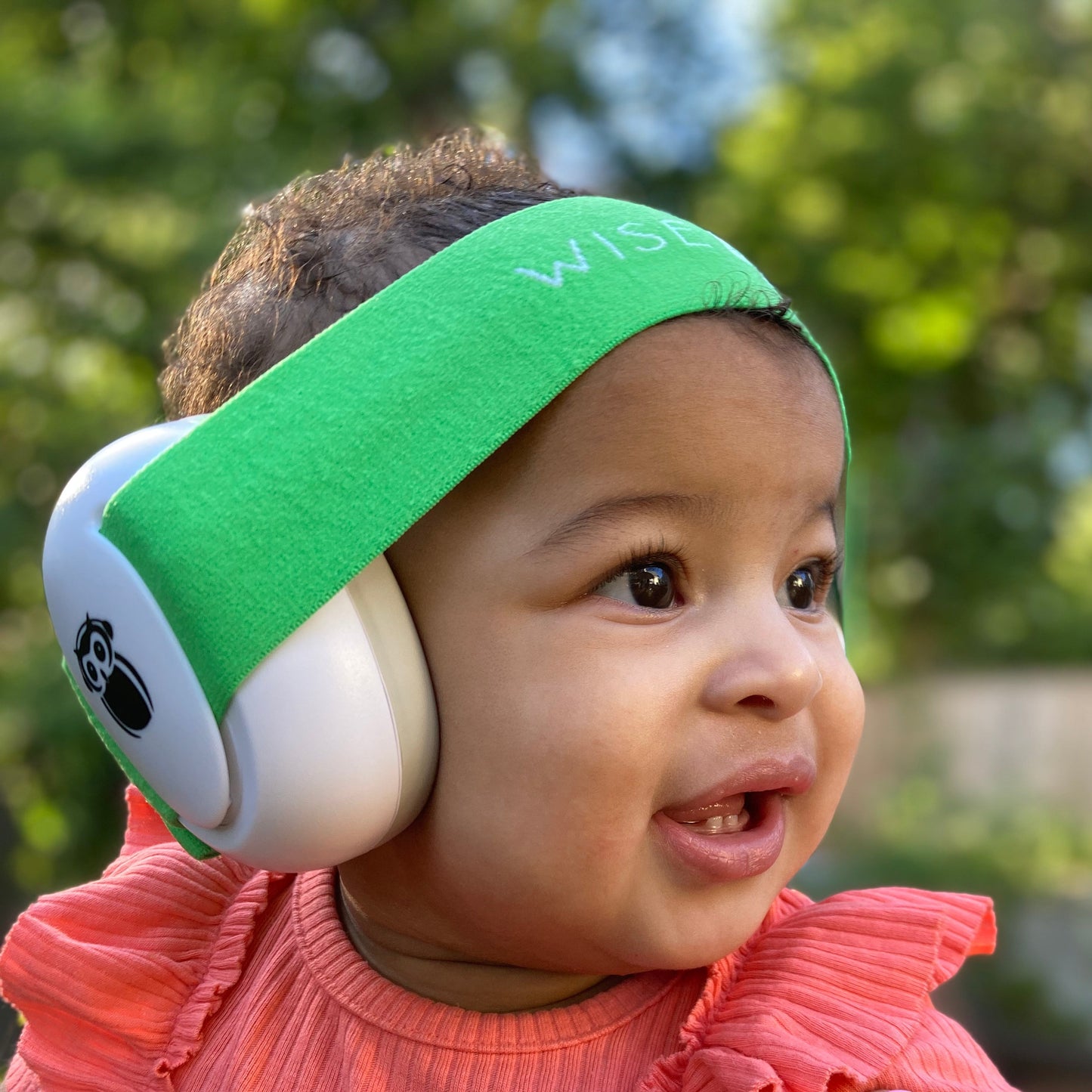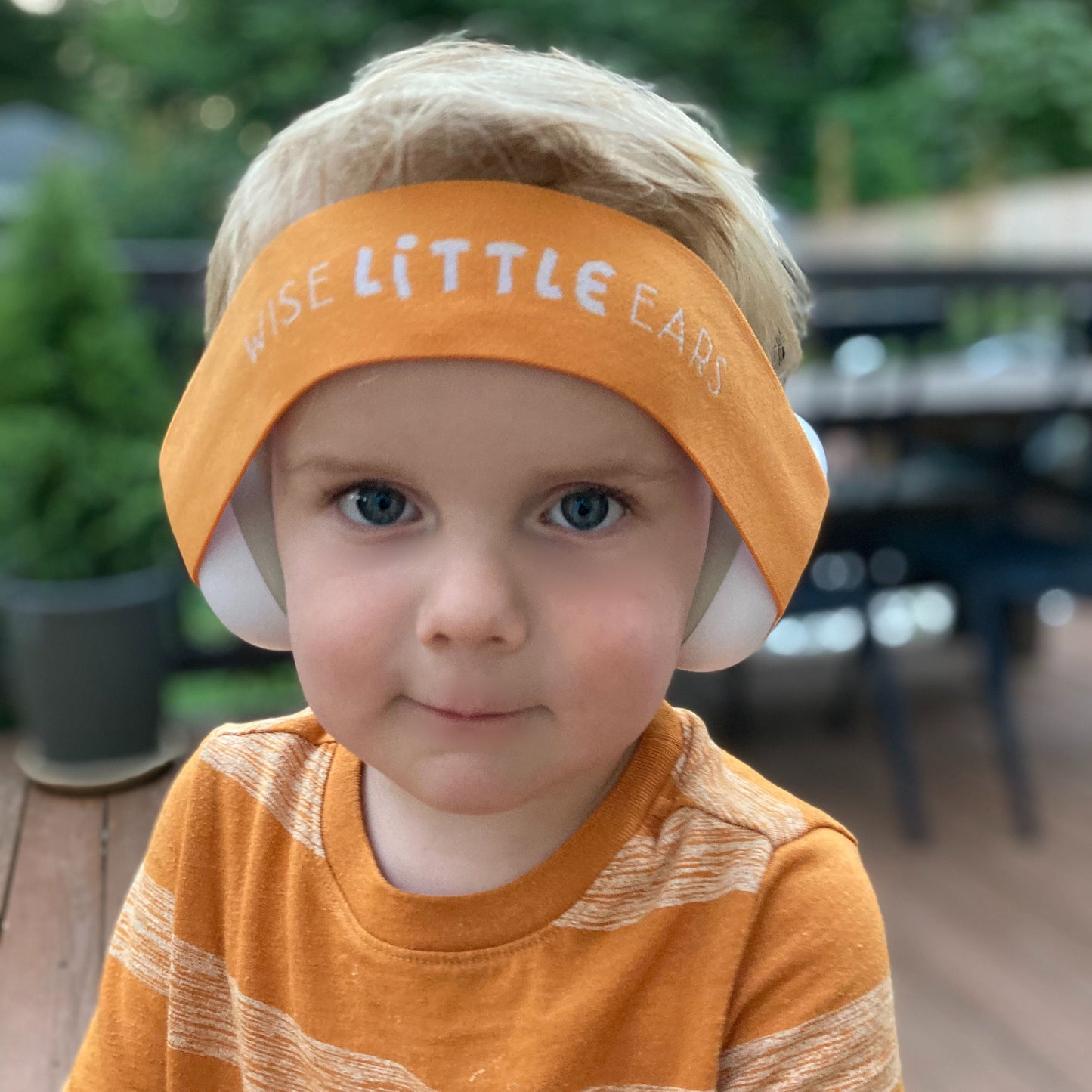Why Hearing Health Matters Before Birth
1. Hearing Development Begins in the Womb
By the 18th week of pregnancy, a baby’s hearing system is already forming, and by the third trimester, babies can recognize voices, music, and environmental sounds. According to the American Speech-Language-Hearing Association (ASHA), prenatal exposure to consistent sounds helps shape the foundation for language development after birth.
Risk factors for hearing loss can begin before birth, including:
✅ Maternal infections – Congenital CMV, rubella, and toxoplasmosis are leading causes of newborn hearing loss.
✅ Exposure to ototoxic medications – Some antibiotics, chemotherapy drugs, and diuretics can be harmful to fetal hearing (NCBI Study).
✅ Premature birth or low birth weight – Babies born prematurely are at a higher risk of hearing impairment.
What parents can do:
✅ Learn about prenatal infections and their impact on hearing (CDC’s CMV & Pregnancy Guidelines).
✅Discuss medication safety with their doctor.
✅ Reduce excessive noise exposure during pregnancy.
2. Newborn Hearing Loss is More Common Than You Think
Many parents don’t realize that hearing loss is one of the most common birth conditions. According to the National Institute on Deafness and Other Communication Disorders (NIDCD), 1 in 500 babies is born with permanent hearing loss.
Early intervention is crucial—research from Johns Hopkins Medicine shows that children who receive hearing aids or cochlear implants before 6 months develop language skills comparable to their hearing peers.
What parents should know:
✅ Newborn hearing screenings are standard, but some babies pass the test and still develop hearing loss later.
✅ Parents should watch for hearing milestones, like responding to sounds by 3-6 months. Learn more about childhood hearing milestones.
✅ Even mild hearing loss can impact speech, learning, and social development.
Why Aren’t Prenatal Classes Teaching Hearing Health?
Despite the importance of early hearing care, it is largely overlooked. Here’s why:
1. Lack of Awareness
Many educators and healthcare providers don’t prioritize hearing health simply because it’s not part of the standard curriculum. Topics like nutrition, labor, and sleep training take precedence, while sensory development is largely ignored.
2. Misconception That Hearing Loss is Rare
Most parents assume that hearing loss is only a concern for older adults. However, studies show that hearing loss in infants is more common than people think—and can have lifelong consequences if undiagnosed.
3. Hearing Protection for Babies is Overlooked
Loud noises can damage an infant’s hearing, yet parents rarely receive guidance on how to protect their baby’s ears. According to the American Academy of Pediatrics (AAP), everyday risks include:
🎯 Loud environments – Concerts, fireworks, and even household noise can exceed safe levels.
🎯 Toys with high volume settings – Some infant toys can emit sounds above the recommended decibel levels.
🎯 Noise-induced hearing loss – This is 100% preventable with proper hearing protection.
What parents can do:
✅ Parents should discuss newborn hearing screenings and risk factors as part of prenatal care.
✅ Parents can get educated about the importance of hearing healthcare for their children by taking prenatal and parenting courses such as Get Wise: Safe Hearing For Little Ears
✅ Baby-friendly hearing protection, such as hearing protection earmuffs should be an essential item in a baby bag or a child's backpack.
How Wise Little Ears Can Help Parents, Caregivers & Educators fill in the information gap on ear health & hearing safety for babies & Children
The Wise Little Ears Safe Hearing Course is an online program designed to empower parents and caregivers with essential knowledge about newborn and childhood hearing health.
What You’ll Learn in the Course:
✅Everything you need to know about childhood hearing, including why babies and children are more susceptible to loud noises and ear infections.
✅How to clean and care for infant and child ears.
✅To identify what is too loud, and strategies to prevent noise-induced hearing loss.
✅How hearing protection works and ways to encourage your child to wear hearing protection.
What’s included in the Course:
✅Engaging video content that outlines topics such as how to safely clean little ears, demos for proper hearing protection fit, and modeled strategies to encourage your child to wear hearing protection.
✅Downloadable resources including our Hearing Milestones checklist and our How Loud is Too Loud for How Long chart.
This course is perfect for:
⭐️ Expecting parents who want to take a proactive approach to their baby’s hearing health
⭐️Grandparents and caregivers who want to ensure they’re providing a hearing-safe environment
⭐️Healthcare and childcare professionals looking to expand their knowledge on early hearing care
Final Thoughts: Let’s Break the Silence on Hearing Health
Hearing plays a vital role in a baby’s language, cognitive, and emotional development. By getting educated on hearing health education and taking the Get Wise: Safe Hearing For Little Ears, you can gain expert insights into how you can ensure a lifetime of healthy hearing for your child.
